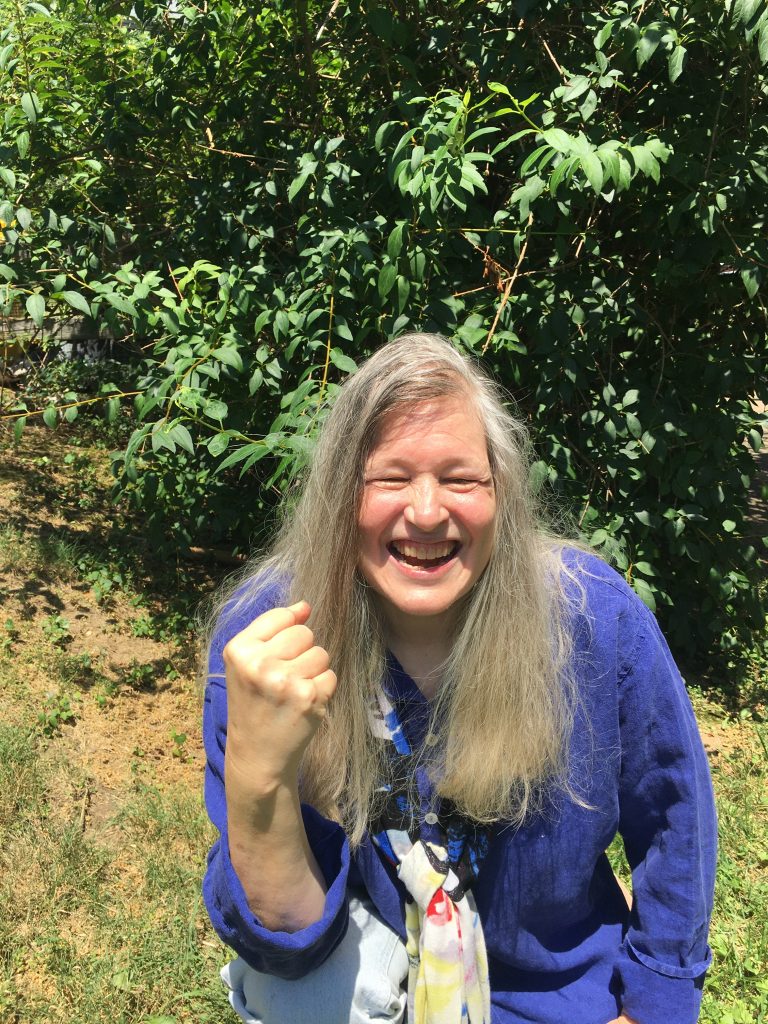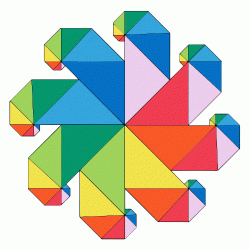Who is Rosalie Corame and is she a good fit for your healing work?

My background in Somatic Healing and Developmental Trauma Healing
I have been studying human psychology, personal transformation, and dynamic healing through various modalities for 30 years and I am continuing in my studies ongoing. I am an ISP-trained (Integral Somatic Psychology™) SEP (Somatic Experiencing Practitioner) and a NARM-Informed practitioner (NeuroEffective Relational Model® ). Other systems I have studied include Inner Relationship Focusing, Somatic Skills training with Kathy Kain, ShadowWork®, Voice Dialogue and healing breathwork. I have a coaching certificate from Integrative Transformational Coaching with Kate Siner, PhD.
I have gained a great deal of cognitive understanding from these studies, but my biggest learnings have been through experiencing first-hand the powerful nature of this work, by wading through my own fear, inner chaos, freeze, shame, depression and suppressed anger and finding new resource, flexibility and resilience through these methods, at the hands of many skilled facilitators, practitioners, and therapists. I continue to be both a work in progress and a testimony to the power of transformational healing work.
For many years, my pursuit of human transformation was a passionate avocation, while my paid profession was as a software architect. I began my coaching certification study in 2015, and in 2020 I transitioned into coaching as a full-time professional pursuit.
I am a member in good standing of the International Association of Coaching (IAC), and I adhere to the ethical codes of this professional organization. You may review the IAC code of ethics at this link: https://certifiedcoach.org/about/ethics/
As a coach, I am not trained or certified as a therapist. I will not diagnose any psychological conditions. Coaching is not a substitute for psychotherapy, mental health care, substance abuse treatment, or other professional mental health service.
My personal developmental trauma healing story
I have lived with the effects of developmental trauma throughout my life. Finally, at 61, I can count on feeling ok and can know I won’t collapse into dread or paralysis.
It is a joy and relief to have greater ease in my life, to be able to sit, sink in, and savor the view of the clouds and the sky outside. To feel my belly rising with my breath. To gently inquire with myself, “What is the best set of plans for the rest of the day or week?” And to have the space to answer that from my intuition and my calm, not from a barrage of internal pressure and overwhelm.
Forty years ago, I began searching for help; at that time, I found a new religious movement and an arranged marriage.
Thirty years ago, I started actively engaging in personal growth workshops and psychotherapy and have continued that path to the present.
I am grateful for the support and facilitation I received over those thirty years.
And it still took thirty years.
Why? For one thing, most of those programs were not designed specifically for people with developmental trauma. Where the techniques were helpful, their efficacy was reduced when the people offering them found me – or my reactions – confusing or threatening.
I also met many well-credentialed experts who “knew” they could help but who just made things worse. Most experts have not personally experienced the severity of developmental trauma that some of us are trying to find our way out of. And many don’t know what to do when their techniques don’t work. They blame the client for “having too much resistance” or for “not trying hard enough” or “not opening up.”
I am grateful for feeling so alive now! For savoring my breath, for softening into both the joys and challenges of my life. For sure, I’m still a work in progress but the path is gentler.
How I work in somatic healing sessions
Coaching is not therapy, so what is it?
Coaching can be defined as an alliance or partnership between the Coach and the Client in a thought-provoking and creative process that inspires and supports the client to maximize personal and/or professional potential. Resilience Coaching as I define it (I am not affiliated with any group of “resilience coaches”) has a focus on the workings of the nervous system and the patterns of thoughts, feelings, and behaviors that underlie our relationships with other humans and with our experience of life in general.
I will help you notice and celebrate your successes, including those in the past. I will help you be aware of and feel your feelings, including those that originated in the past, but which may intrude on the present. I will support you with becoming comfortable – or becoming more deeply comfortable – with having feelings and needs, and in knowing and clarifying your goals and aspirations, especially those relating to your subjective experience of your life and relationships. I will follow the wisdom of your body in gently exploring the joyful and painful patterns that you may be hiding or suppressing. I will work with you to be able to feel more fully alive and embodied and to tolerate the inevitable upsets in life with more flexibility and resilience.
I integrate classical coaching skills, such as listening, visioning, clarifying goals and identifying obstacles, together with somatic awareness skills from Somatic Experiencing, parts work from Inner Relationship Focusing and Voice Dialogue, and the processing of emotions and beliefs, informed by ISP, ShadowWork®, NARM® and other personal growth modalities.


